>> Regulation No. 305-QD/TW of the Politburo
This Regulation takes effect from July 1, 2025 and replaces Regulation No. 10-QD/TW (dated December 12, 2018) of the Politburo on functions, tasks, powers and working relationships of Party committees and standing committees of Party committees of provinces and centrally run cities.
According to Regulation 305-QD/TW, the provincial Party Committee is a Party Committee directly under the Party Central Committee; under the comprehensive leadership and direction of the Party Central Committee, directly and regularly under the Politburo and the Secretariat.
The provincial Party Committee has the function of leading and directing directly and comprehensively at the provincial level; leading and directing agencies and organizations of the provincial political system and subordinate Party Committees and organizations according to the provisions of the Party Charter, regulations and instructions of the Central Committee; leading the Party Committee to properly implement the Party's guidelines and policies, the State's policies and laws, and resolutions of the provincial Party Congress; proposing and recommending to the Party Central Committee, the Politburo, and the Secretariat issues related to the Central Committee's leadership and direction of the locality.
Regulation 305-QD/TW clearly states 14 tasks and powers of the provincial Party Committee. In particular, the leadership concretizes policies and measures to implement the resolutions of the provincial Party Congress, policies and resolutions of the Central Committee. Decides on the working program and the annual inspection and supervision program of the Party Committee; the working regulations of the Party Committee and the inspection committee of the provincial Party Committee.
At the same time, the provincial Party Committee decides on policies and solutions on building, managing, and arranging the organization and staffing within its authority; leads the innovation and consolidation of the organization and apparatus of the political system; decides on the establishment, merger, separation, dissolution, and consolidation of party organizations, agencies, and affiliated units; decides on the transfer and acceptance of party organizations within its authority and according to regulations and instructions of superiors; leads and gives opinions on planning and adjusting administrative boundaries, and implements processes and procedures for establishing, dissolving, merging, separating, adjusting boundaries, and renaming administrative units according to policies of superiors and regulations of law.
The provincial Party Committee comprehensively leads the work of cadres, manages the cadre team, implements cadre policies in the political system, decides on cadre work to ensure compliance with principles, contents, processes, procedures, and authority according to the regulations of the Central and local levels on decentralization of cadre management; reports and proposes to competent authorities on cadre work under the authority of the Politburo and the Secretariat.
Pursuant to the regulations and instructions of the Central Committee, the provincial Party Committee discusses and decides on the number of members of the Standing Committee and members of the Inspection Committee; considers, introduces and proposes the appointment of members of the Party Executive Committee, members of the Standing Committee, Secretary, Deputy Secretary, Inspection Committee, Chairman, Deputy Chairman of the Inspection Committee and the positions of Chairman of the People's Council and Chairman of the People's Committee at the provincial level according to regulations; leads the election of People's Council deputies at the commune and provincial levels and the election of National Assembly deputies at the local level.
In addition, the provincial Party Committee, based on the Central Committee's orientation, determines the direction for directing local Party Congresses at all levels; prepares content and decides to convene provincial Party Congresses and mid-term conferences (if any); leads, directs and organizes the implementation of inspection, supervision and Party discipline tasks, internal affairs, the fight against corruption, waste and negativity; prevents and repels degradation in political ideology, ethics, lifestyle, and manifestations of "self-evolution" and "self-transformation" within the Party.
The provincial Party Committee leads the local government to perform its functions, tasks, and powers of state management according to the provisions of law; provides orientation for particularly important issues decided by the provincial People's Council; determines key tasks, breakthroughs, programs, projects, key targets, directions, and main tasks in socio-economic development planning, long-term and medium-term plans, construction planning, urban planning, and local land use planning...
Regulation 305-QD/TW clearly states that provincial Party Committees are allowed to establish specialized advisory and support agencies and public service units: offices, organizing committees, inspection committees, propaganda and mass mobilization committees, internal affairs committees; political schools, press and radio and television agencies of provincial and municipal Party Committees; the staffing of leaders, civil servants and public employees of specialized advisory and support agencies and public service units of provincial Party Committees is implemented according to regulations and instructions of the Central Committee, considered and decided by the Standing Committee of provincial Party Committees within the total staffing assigned by competent authorities. Provincial Party Committees have their working headquarters located at the political-administrative center, have their own seals and accounts, are provided with funding, equipped with facilities and means of operation according to regulations.
Regulation 305-QD/TW also specifically states 14 tasks and powers of the standing committee of the provincial Party Committee.
In the working relationship, Regulation 305-QD/TW clearly states: Provincial Party Committees must strictly comply with the comprehensive leadership and direction of the Party Central Committee, directly and regularly the Politburo and the Secretariat; implement the information and reporting regime according to the regulations of the Central Committee; promptly report and ask for opinions from the Politburo and the Secretariat on complicated and sudden issues, especially those related to national defense, security, foreign affairs, ethnicity, religion or issues beyond their authority; with specialized agencies advising and assisting the Party Central Committee, they must implement the guidance, inspection and supervision on expertise and profession of specialized agencies advising and assisting the Central Committee according to regulations.
Source: https://www.sggp.org.vn/quy-dinh-moi-cua-bo-chinh-tri-ve-chuc-nang-nhiem-vu-bo-may-cua-tinh-uy-thanh-uy-post799596.html


![[Photo] President Luong Cuong receives President of the Senate of the Czech Republic Milos Vystrcil](/_next/image?url=https%3A%2F%2Fvphoto.vietnam.vn%2Fthumb%2F1200x675%2Fvietnam%2Fresource%2FIMAGE%2F2025%2F11%2F20%2F1763629737266_ndo_br_1-jpg.webp&w=3840&q=75)



![[Photo] Lam Dong: Panoramic view of Lien Khuong waterfall rolling like never before](/_next/image?url=https%3A%2F%2Fvphoto.vietnam.vn%2Fthumb%2F1200x675%2Fvietnam%2Fresource%2FIMAGE%2F2025%2F11%2F20%2F1763633331783_lk7-jpg.webp&w=3840&q=75)
![[Photo] National Assembly Chairman Tran Thanh Man holds talks with South Korean National Assembly Chairman Woo Won Shik](/_next/image?url=https%3A%2F%2Fvphoto.vietnam.vn%2Fthumb%2F1200x675%2Fvietnam%2Fresource%2FIMAGE%2F2025%2F11%2F20%2F1763629724919_hq-5175-jpg.webp&w=3840&q=75)
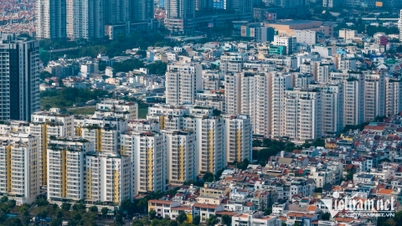

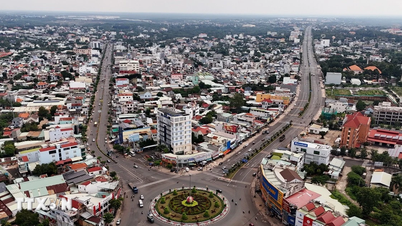

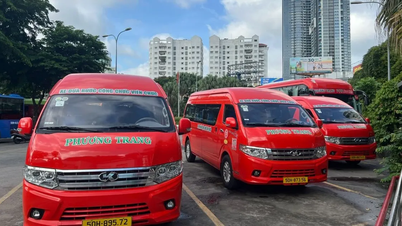
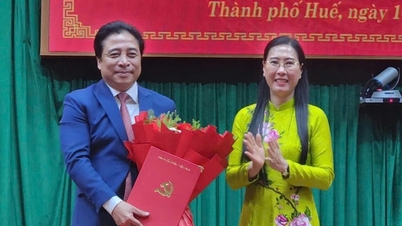


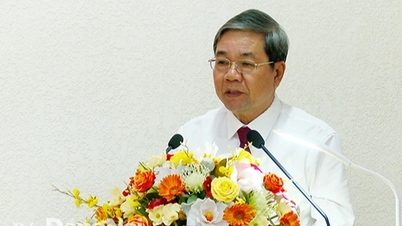
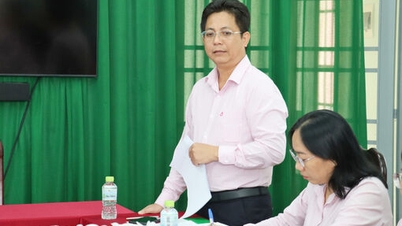

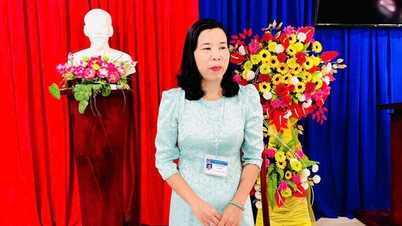
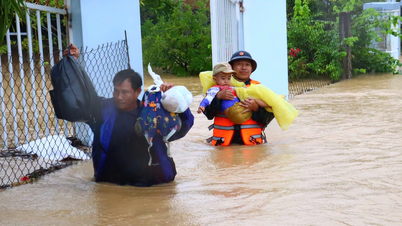


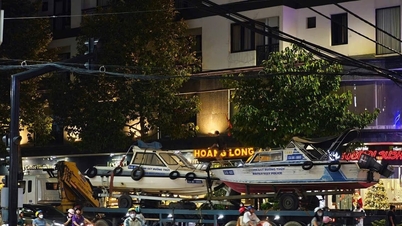

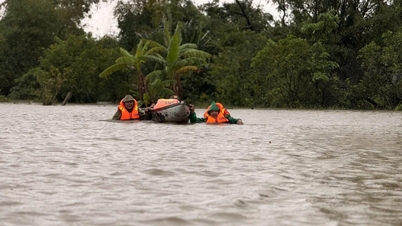






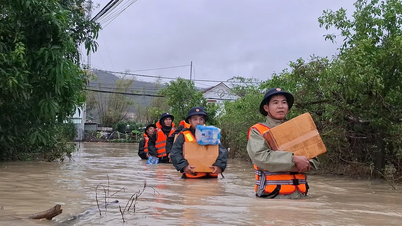

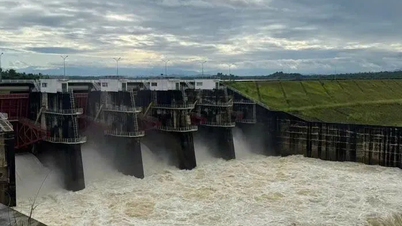
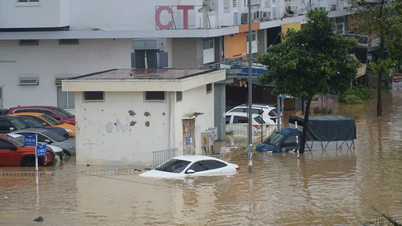
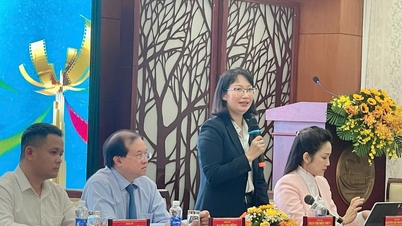



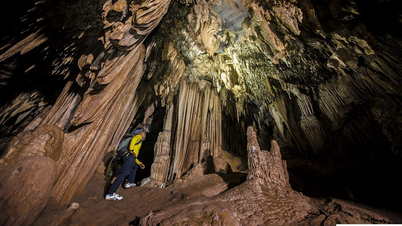






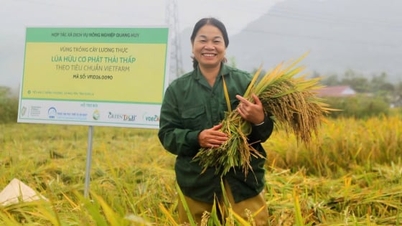


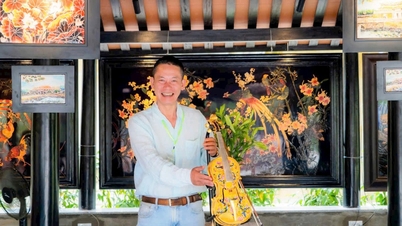

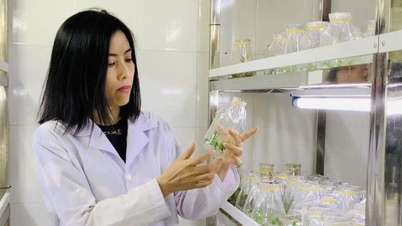

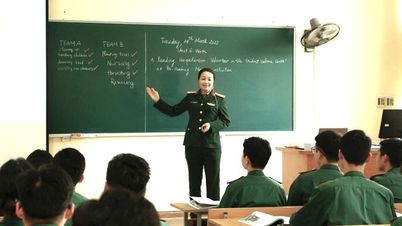


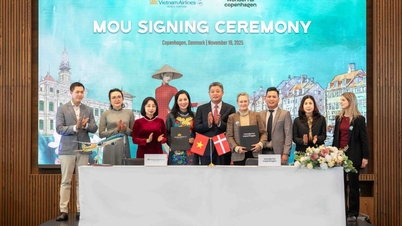

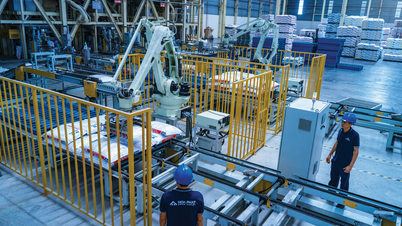



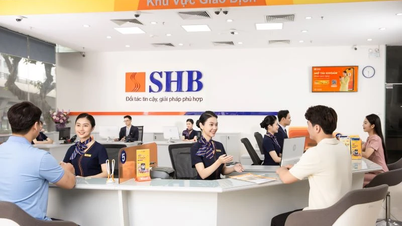









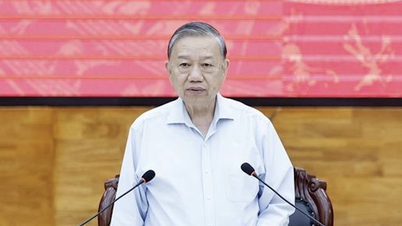


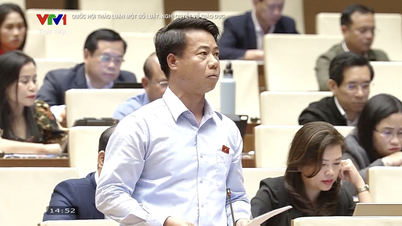


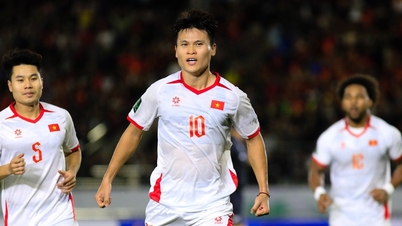
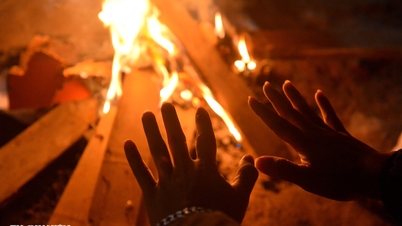


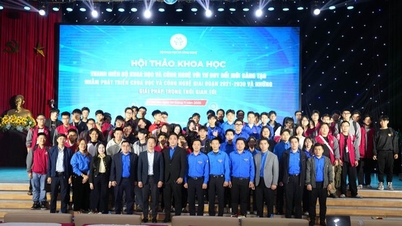

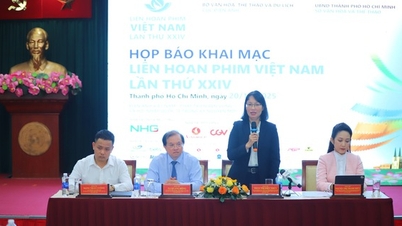

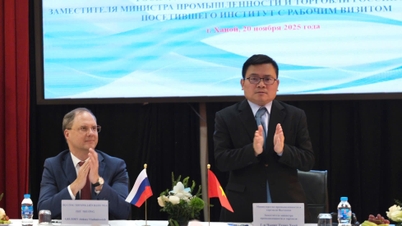
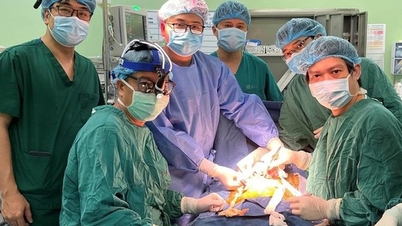
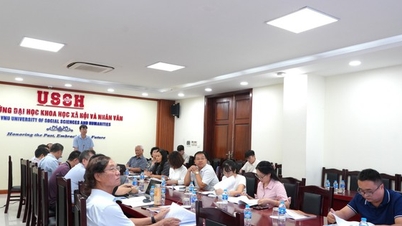


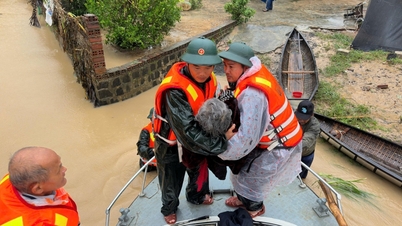
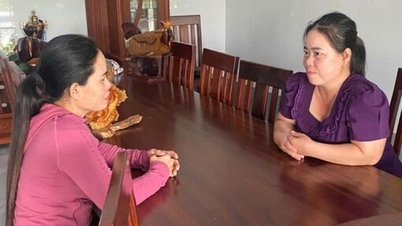
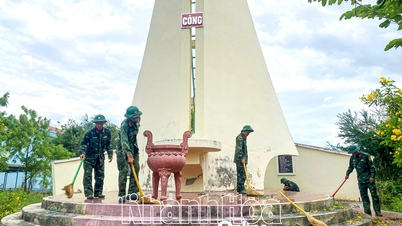


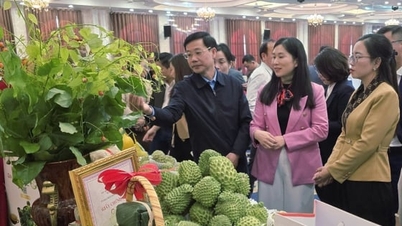










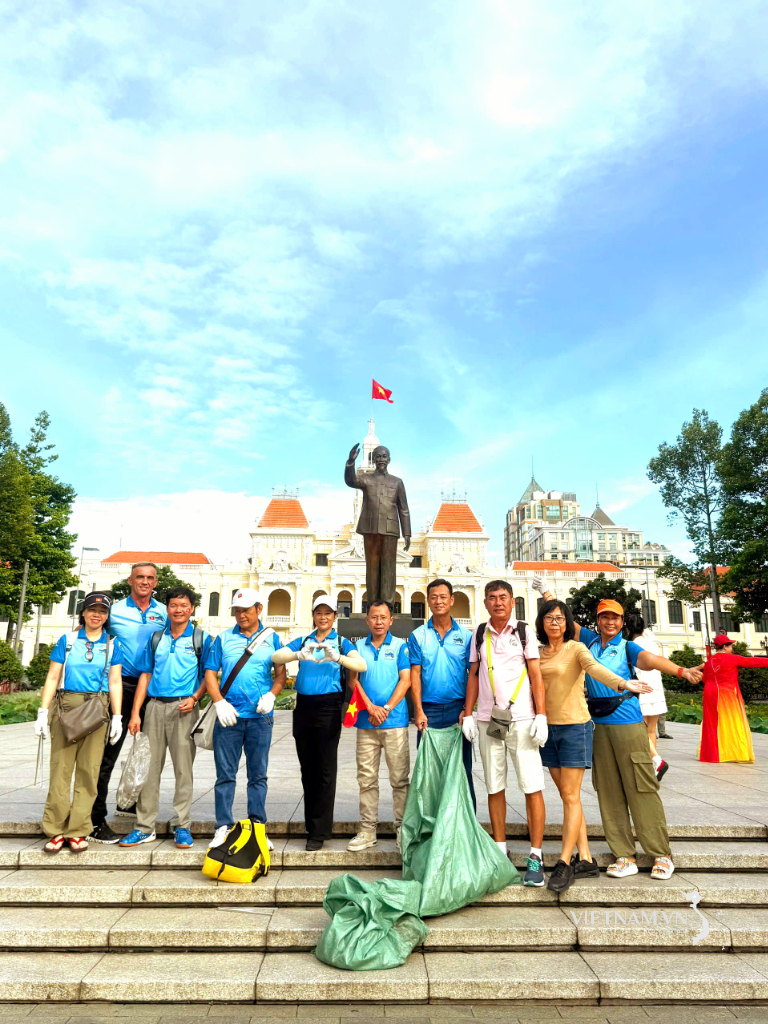
Comment (0)